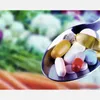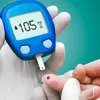What is common between PCOS and diabetes?
The tendency of Indians to have higher rates of insulin resistance might be programmed in utero, but infections, environmental toxins, and diet are contributors. Here’s what you should do to reverse this condition.
Insulin resistance is at the core of several challenging conditions, including diabetes, heart disease, and PCOS.
India has an alarming level of insulin resistance. Some research has labelled the insulin resistance trend in India as an epidemic. There is some thought that contribution of genetics and environment might be involved, and this is debatable.
The tendency of Indians to have higher rates of insulin resistance might be programmed in utero, but infections, environmental toxins and diet are contributors, as these increase the risk for insulin resistance by stimulating fat cells. Insulin resistance in young children can tip them over into conditions like PCOS and type II diabetes
What are the foods to avoid if you have insulin resistance and PCOS?
It always surprises me when people think that they are not consuming any sugars and then when I peek into a food tracker, the whole day is sprinkled with sugars of every kind. The confusion occurs when nutritionists themselves are convincing people to eat several foods that fall under the category of sugar. This might be a debate but all I ask of you is to try for yourself.
The best results that I have had on clients with reversing insulin resistance is by removing everything that constitutes as sugar for a period. Below your neck, your body does not care if it is a bad sugar or a healthy sugar. Sugar is metabolised as sugar.
One other important point to consider is that certain medications such as statins increase risk for the development of insulin resistance and drug-induced diabetes. Those on such medica-tion will struggle even more to reverse insulin resistance. Also note that young girls with PCOS can take a while to reverse the condition, especially if they have been on a high sugar and processed food diet for more than a decade. It might be frustrating, but this is the truth.
However, avoiding sugars in food can be the way to reverse insulin resistance. Gradually the body’s insulin response improves, as you reduce the pattern of insulin spiking frequently, and eventually you can eat whole foods even those higher in healthy carbohydrates. By avoiding these foods, I have had clients come down from insulin levels of 35!
1. Refined and healthy sugar
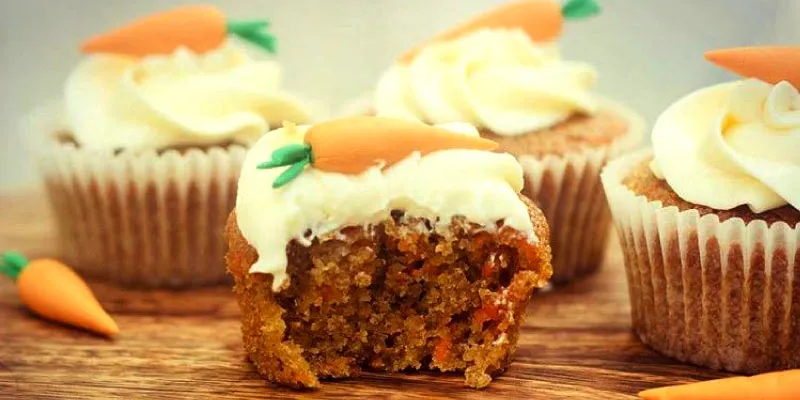
The obvious food to remove is refined sugar in all its forms. These include white sugar in tea and coffee, Indian sweets, desserts, ice-cream, sodas, candy, fruit juice, and alcohol.
Simple sugars hit the bloodstream directly and dysregulate blood sugar balance, impacting mood, energy, and hormones.
You can find hidden sugars in processed food under several names and these including high fructose corn syrup, dextrose, fructose, cane sugar, galactose, lactose, maltose, sucrose, beet sugar, brown sugar, coconut sugar, honey, maple syrup, jaggery, date sugar, date syrup, powdered sugar, demerara sugar, dextrin, grape sugar, blackstrap molas-ses, brown rice syrup, caramel, carob, agave, muscovado sugar, maltodextrin, fruit juice, invert sugar, malt syrup, molasses, and treacle.
Most often I see people so happy with themselves because they are making desserts from coconut sugar and jaggery and struggling with high levels of insulin resistance. A healthy energy bar can have several of these listed, so much so that when you add them all up, it is as good as eating a bowl of ice-cream.
2. Rice
Those who come to my practice to reverse prediabetes, diabetes, or insulin resistance must track their blood sugar somewhere along the way, five times a day, so that we can map out the behaviour of their blood sugar through the day.
Individual patterns might vary, where some struggle with dawn phenomenon where only fasting blood sugar is elevated. For many it is general high blood sugar right through the day. Generally, blood sugar only starts regulating when insulin resistance is reversed. However, clients see for themselves and always report back that one night of white rice makes their blood sugar rise back up from 100 to 125, while it has taken them several months to bring it down to that level.
It is easier to listen to nutritionists who scoff at the concept of reducing rice, because we want to hear what we want to hear. The truth lies within tracking. Don’t take my word. Try it for yourself. Results are all that matter.
3. Fruit
Even though I mentioned fructose at the start, I want to bring attention to it again. Fruit is great! But, for someone who’s body is not managing insulin properly, it is just another sugar.
The trend that we noticed for most people reversing diabetes was that fruit created the spike back up rapidly, just like rice. A small piece of mango or peach again spiked blood sugar.
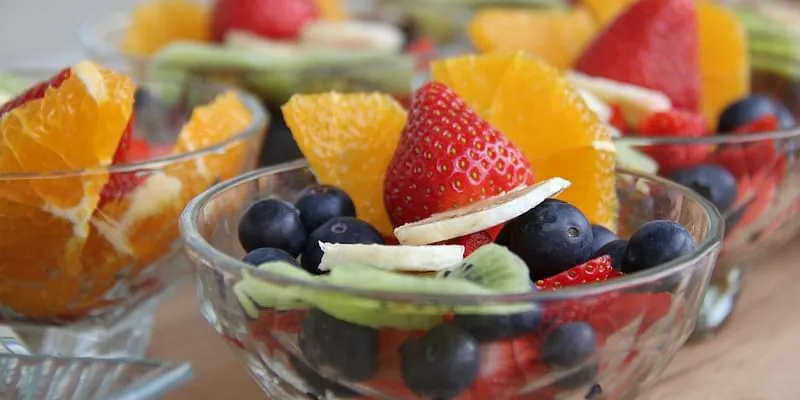
Image credit: Pixabay
Does this mean you should not eat fruit forever? Not at all. This just means that you must avoid fruit until insulin lowers to the point where it does its job each time you eat any sugar. Until then, you must try and starve your body of all sugar so that insulin spikes are reduced. Then eating a whole fruit by itself, rich in antioxidants, can help your body in several ways.
Fruit juice is something to avoid all the time. That fresh glass of orange juice, which most people think is super healthy, is a glass full of sugar devoid of fibre.
4. Sweet vegetables
In the food trackers of a couple that I was seeing, both of whom were in the journey of reversing diabetes, there was a day when both had a blood sugar spike and were surprised since they thought they had done well by eating brown rice. On closer attention, I added up their lunch sugars, which included beetroot, pumpkin, carrots, and brown rice.
Vegetables are augmenting or extractive in nature. Augmenting vegetables are sweeter. Extractive vegetables are more bitter and have the quality of cleansing.
In Ayurveda, for balance every day, it is best to eat one of each. However, for someone who has sugars in their blood, they need no augmenting vegetables. They need more extractive vegetables, which help to detoxify the sugars and restore the balance.
Sweet vegetables all add up. These include beets, carrots, pumpkins, sweet potatoes, yams, taro root, and potatoes. Having sweet potatoes instead of a grain can help. For many, it might need avoidance, and focusing more on the leafy greens and the cruciferous vegetables.
5. Sweet smoothies
Blood sugar has a lot to do with the systems within the body, including the health of digestion, liver, and gut. A diet with too many meals having smoothies can put the fire out in the digestive system.
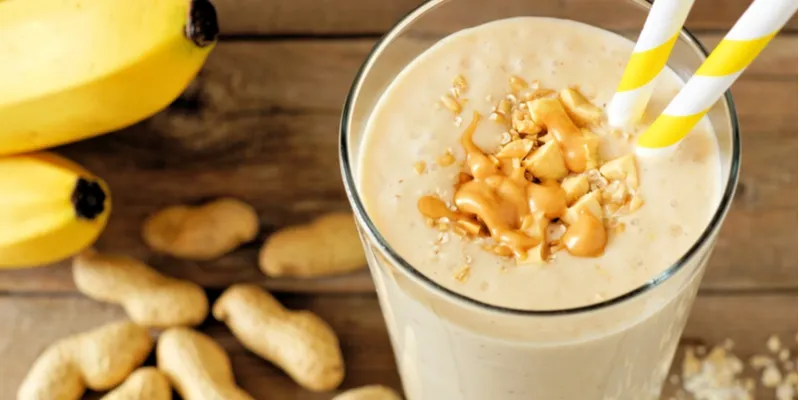
In Ayurveda and traditional Chinese medicine, watery foods out the fire and weaken digestion.
While there are people who make and supply smoothies with very healthy ingredients, leafy greens that are blended a day before start oxidising and can create oxidative stress on you. It does not take long to make a smoothie. Please just do it yourself with fresh ingredients.
Many smoothies are full of sugars where the fruit, honey, and sweet vegetables all add up. If you do find smoothies convenient, ensure that they are rich in fats, proteins, and fibre, and devoid of hidden and obvious sugars.
6. Grains
Good intentions prompt many people to switch from eating rice to eating other grains, including different millets and oats. Eventually however, there is no difference on their plate.
Every meal still makes the grain the star. Breakfast ends up as millet dosa with tomato chutney. Lunch can be cooked millet with watery sambar and very little vegetable, and dinner ends up as oats upma with some vegetables. In each of these meals, the majority is the grain.
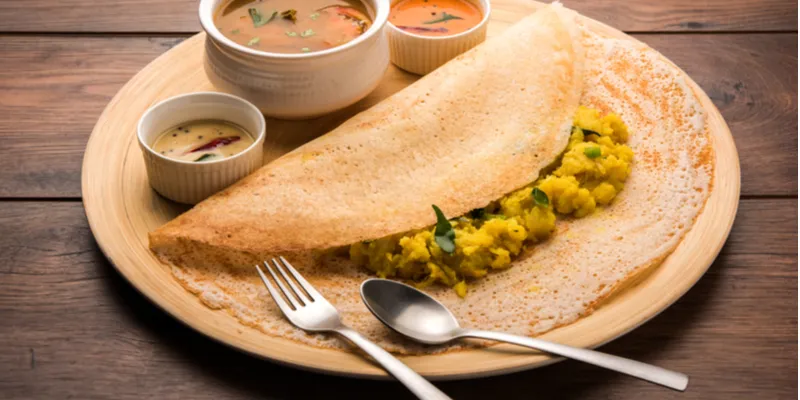
While millets have become very popular today with research indicating reversal of diabetes, be aware that it is replacing your rice at times. It will still spike blood sugar when there is inade-quate protein, fibre, and extractive vegetables.
Keep in mind that foods to be avoided to reverse insulin resistance are many. Not all of them are unhealthy foods. Some of them are otherwise healthy foods.
However, the thing to keep in mind is that reversing insulin resistance is very much like going on an elimination diet for allergies. Consider it for a period, until you have reversed the situation.
When you have done that, start to reintroduce the health versions of these foods including whole fruit, whole grains, and sweet vegetables. Keep the toxic sugars which appear under so many avatar, out forever.
(Disclaimer: The views and opinions expressed in this article are those of the author and do not necessarily reflect the views of YourStory.)
Edited by Teja Lele



